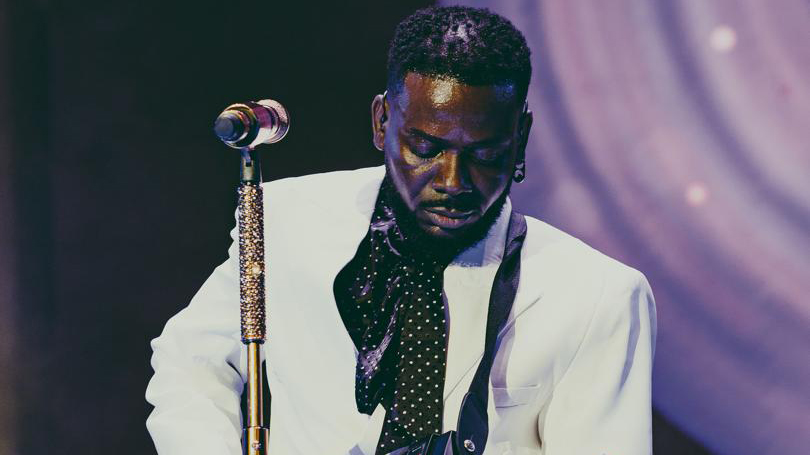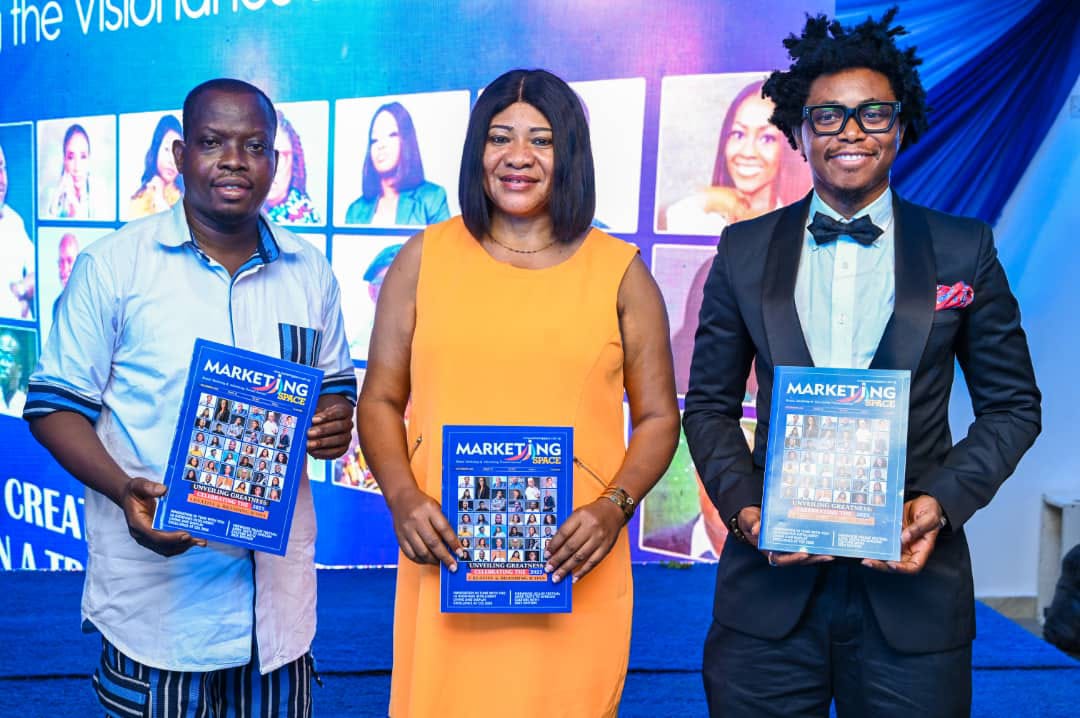Professor of Media Law and Broadcast Management, Tonnie Iredia, has stressed the need for media in Africa to rise and change the continent’s narratives.
Speaking on the topic, ‘Media, politics and power in Africa: Understanding the complex dynamics of regulation, propaganda and freedom,’ at the first International Media Conference on Exploring Media Regulations in Africa: Balancing Regulations with Freedom of Expression held at the Multimedia Centre, Faculty of Communication and Media Studies, University of Lagos, July 16 and 17, 2025, he said African media must lift the continent.
Saying media can change face of politics if properly led, he argued politicians cannot continue to take control of agenda setting. To this end, he suggested applying theory of force multiplication to agenda setting is overdue. In addition, the don noted some focus on governance at the rural areas can facilitate general development.
Speaking further, he observed media regulation is not a subject of its own, but an integral part of the zeal to suffocate free press and criminalise dissent.
To this end, he stated it is unnecessary to capitalise media regulation as an item, adding regulatory bodies in Africa are not empirically constituted.
The don also recalled, South Africa’s investigative journalism Daily Maverick and AmaBhungane were attacked for exposing corruption and promoting accountability; in Mozambique frontline journalist Joao Fernado was killed in his home; Amnesty International rates harassment of journalists for exposing allegations of corruption and human rights violations high in East and Southern Africa; Section 45 of Nigeria’s constitution limits media freedom on account of national security. Botswana’s Section 12(2) is same as Nigeria’s Section 45 but in addition Section 44 of its Directorate of Corruption and Economic Crimes Act prevents journalists from reporting cases under investigation.
He identified what sustains oppression as, societal perceptions; overzealous law enforcement agencies; death of judicial activism; inflation and high cost of living; ownership control; poor training schemes; insufficient human and material resources; inadequate and irregular remuneration.
To him, other contributory negligence include, poor utilization of digitization opportunities; divided loyalty; leadership of professional unions lack vision; general lack of interest in media work by operatives; little Knowledge of media ethics; induced self censorship, timidity, laziness a Societal perceptions. He added there is need for more public education than information by the media in the continent.
On his part, Dean, Faculty of Communication and Media Studies, Lagos State University, Prof. Jide Jimoh noted that role of media in society is not static, but rather evolving as dictated by contemporary developments.
To him, “the media must innovate, learn and unlearn to fulfil their roles in society. Media and information literacy is central to these responses by all stakeholders in the media ecology.”
In conclusion, he added challenges brought about by the new media would require a new attitude and initiatives such as, expansion and updating of ICTs in the newsrooms; integration of Media and Information Literacy trainings; strengthening basic processes like fact-checking and data analytics; collaboration with media training institutions to update operations; establishing AI policies in media organizations that would incorporate best practices and localisation within the African context; openness and ethical use of AI generative tools and adherence to the social responsibility tenets of the media.






